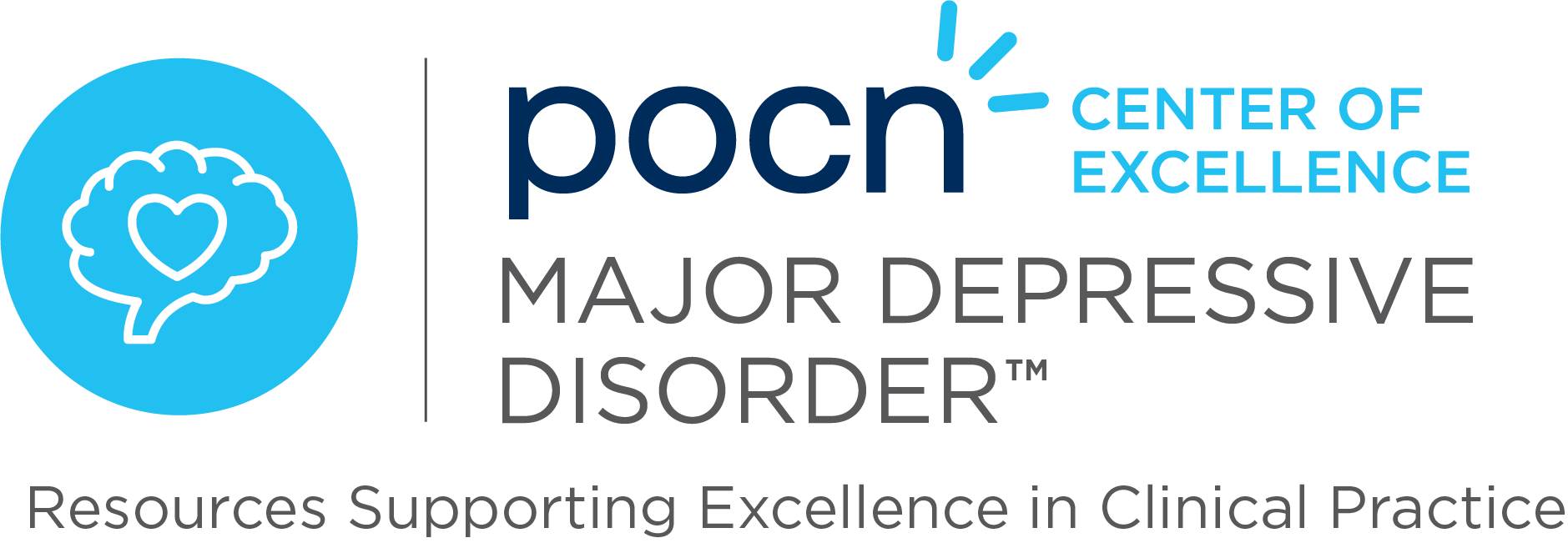Deep brain stimulation (DBS) has emerged as a potential treatment for major depressive disorder (MDD), especially for patients who don’t respond to conventional treatments like antidepressants, psychotherapy, and electrical stimulation. DBS, which has been under investigation since 2005, has not yet received approval from the FDA for treating severe depression. Researchers of this study reviewed evidence-based articles on DBS application for depression, analyzing 42 articles involving 446 patients, to evaluate whether DBS could be an ultimate treatment option for MDD.
The study’s reanalysis indicated that DBS could effectively treat severe or refractory depression as an adjunctive therapy. However, several challenges need to be addressed before DBS can be widely accepted, including establishing a consensus on the DBS protocol, understanding the appropriate stimulation parameters, determining the treatment duration, evaluating the placebo effect, and acknowledging the individualized nature of depression. The conclusion suggests the need for more highly controlled studies that compare both short-term and long-term effects of DBS to validate its effectiveness and safety as a treatment for depressive disorders.
Reference: Amirani N, Nwachuku I. Can Deep Brain Stimulation Be a Promising Treatment for Treatment-Resistant Depression? Int J Depress Anxiety. 2023;6:036. doi.org/10.23937/2643-4059/1710036



